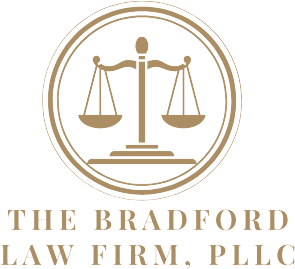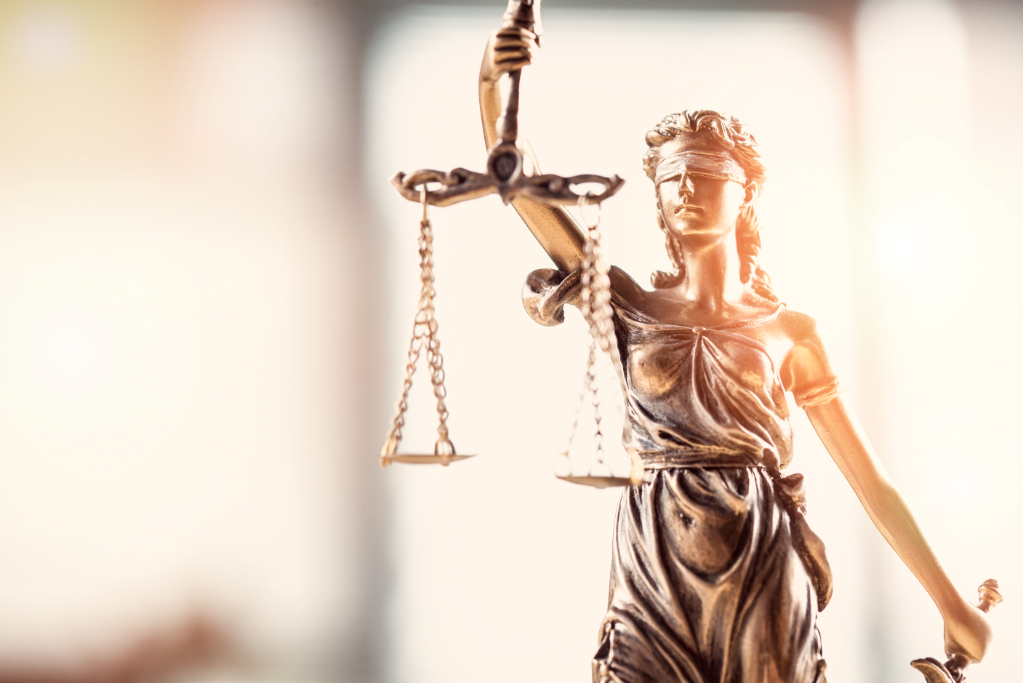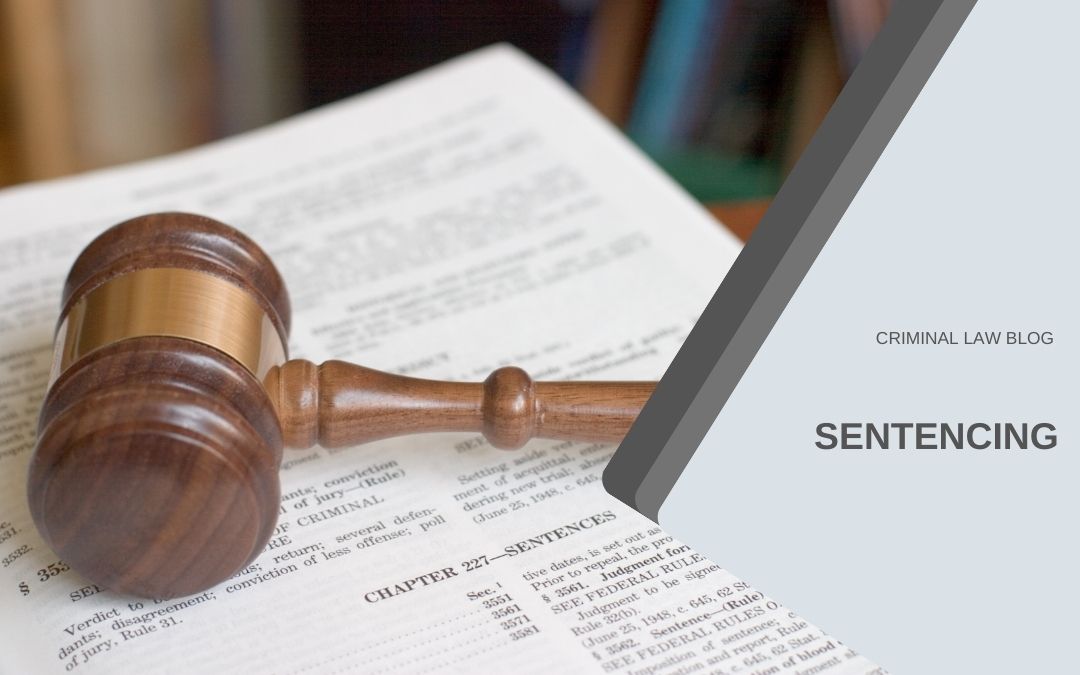
by designonetest | Jul 4, 2023 | Criminal Law
The judge will determine a sentence (or the legal consequence due to the conviction) when a defendant is found guilty or pleads guilty. If the crime is a misdemeanor, the sentencing may occur immediately after the conviction is made. Otherwise, the sentencing hearing...
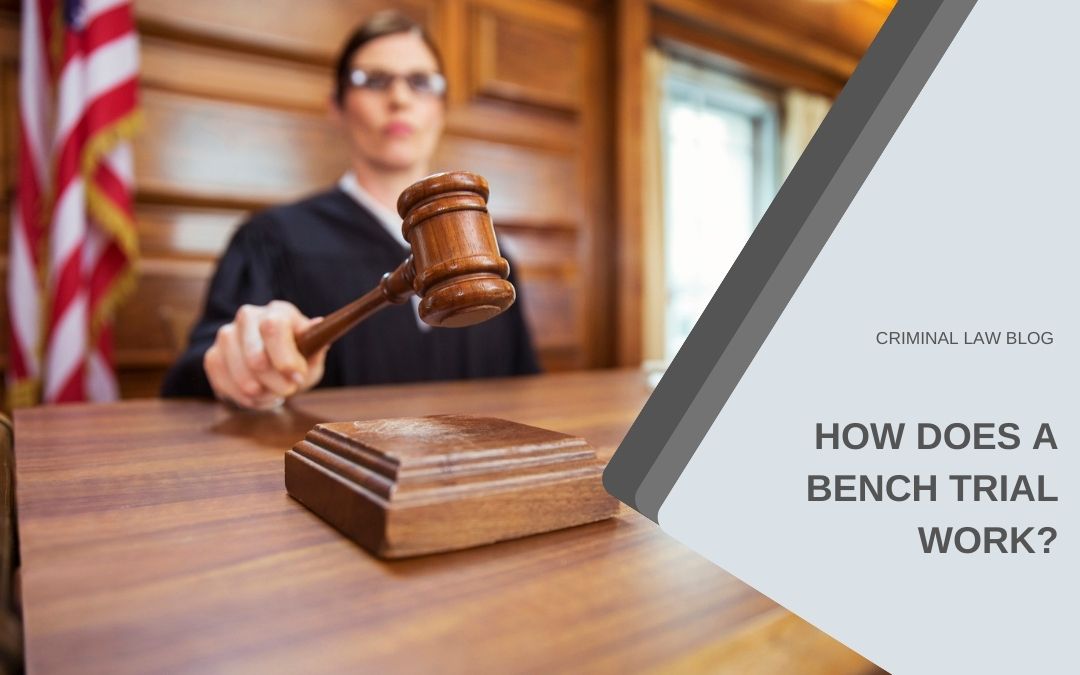
by designonetest | Jul 4, 2023 | Criminal Law
A bench trial may occur if a defendant waives their right to a jury trial. In this situation, the judge takes on the jury’s role and determines whether the defendant is guilty or not guilty based on the information presented. However, all parties have to agree to a...
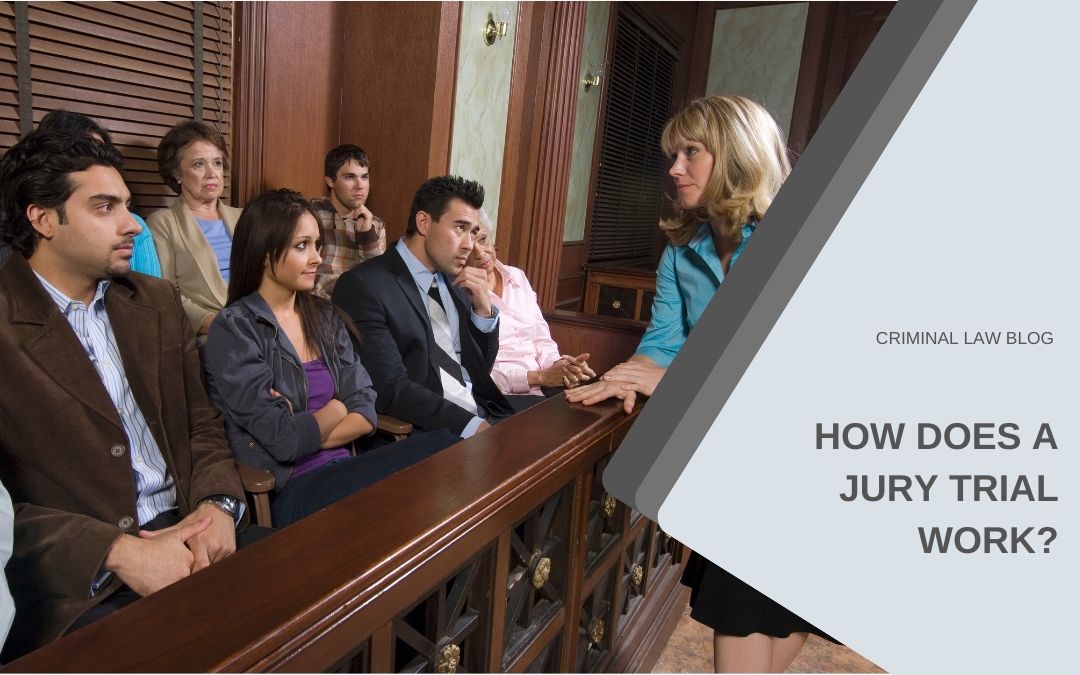
by designonetest | Jul 4, 2023 | Criminal Law
As a criminal defendant, you typically have the right to a jury trial unless your case is considered a petty crime by a judge. In a jury trial, a selection of citizens will be randomly selected to appear for jury duty. The goal of this selection is to have a variety...
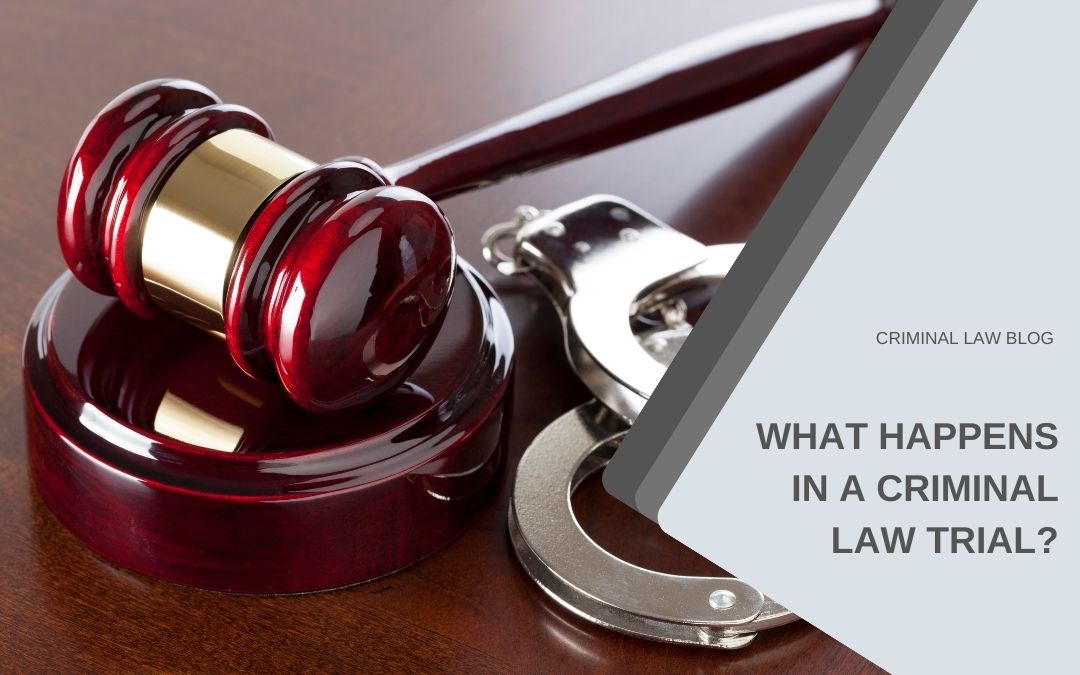
by designonetest | Jun 30, 2023 | Criminal Law
A criminal law trial is a specific process where the facts of your case are presented to a judge and jury or only to a judge in some cases. Unlike civil cases, the government (state or federal) brings forth the case, and they must prove their case beyond a reasonable...
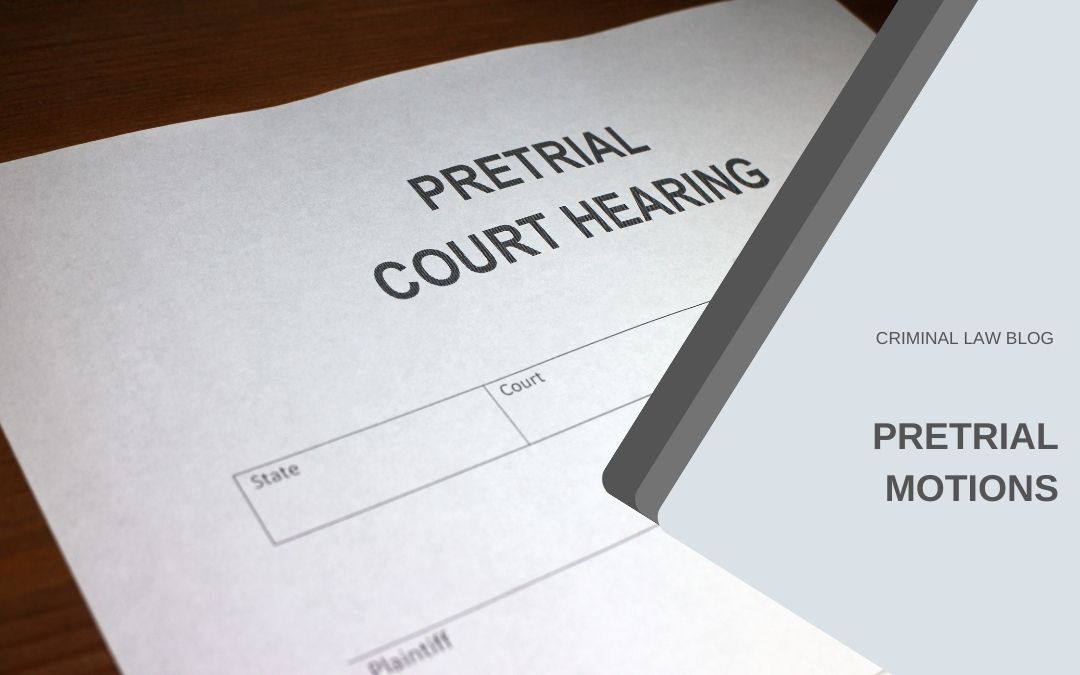
by designonetest | Jun 30, 2023 | Criminal Law
Both your defense attorney and the prosecutor can file pretrial motions after the arraignment — where you hear the charges against you. A pretrial motion is usually a written request filed with the court by either the defense attorney or the prosecutor. Pretrial...






